Loose though, Nigeria’s telltale policy can not only rake in monies for Buhari’s government, it can make you a pyjamas millionaire—if you have the balls
By Elijah Olusegun
The federal government whistleblower policy is selling like hotdog now. No fewer than six cases the EFCC unearthed so far have yielded N8.3 billion, $203.6 million, and £ 27,800 in suspect funds between November and March, after the policy came afloat.
But the six nightingales that told on their looting bosses have not been rewarded yet. At least the finance ministry that spearheads the policy has made no announcement of that sort. The ministries, departments, or agencies involved would rather give the big mouths the boot.
Though Aso Rock has waded in, especially in the case of Ntia Thompson, an assistant director in NTDC, who barked out the diversion of N71 million under the foreign affairs ministry. Not much has been done to reinstate him, and others elsewhere.
Such a fall-out might seem discouraging—and a big risk to run blowing the whistle on your sleazy higher-ups in civil service.
But the reward—between 2.5 percent and 5 percent of funds voluntarily returned following the whistle-blowing— more than doubles the risk. If Thompson wasn’t in it for the kicks, he could walk away with N35 million—eight times bigger than N4.2 million his immediate boss earns annually.
And what is more, the looting industry is still liquid in Nigeria, and might remain so for a fairly long while.
The Transparency International, in its 2016 report, ranked Nigeria 136 out of 176 corrupt countries, in spite of President Muhammadu Buhari’s anti-corruption fight. That confirms lots of stolen monies are still out there. Last year, the federal government was able to recover N78 billion and $3 million. Which is still chicken feed compared to the billions sitting in bank vaults in Switzerland and all around the world. EFCC’s Chairman Ibrahim Magu recently confirmed what’s out there, in booty, can service three annual budgets.
Certainly, there are lots of bad guys you can blow the whistle on. That’s if you are down for it. And the opportunities, too, are swarming for the snitches. No fewer than 23 financial malpractices, including data tweaking and information hoarding, are listed for whistleblowing by the finance ministry.
The latest addition just came from the office of the NSA. Babagana Moguno, too, is knocking up a reward system for the gutsy who can tell on arms runners and the rich, like Benue ex-Gov. Gabriel Suswam, owning AK-47s illegally.
“The ONSA initiative may be an independent line of inquiry or in active collaboration with what the government is doing in finance,” Buhari’s media aide Shehu Garba said on Monday.
Whatever form or shape it takes, it obviously means one thing: jobs for the bounty hunters.
Whistle-blowing has long become a big business elsewhere, particularly in transparent climes like the US. And those who have got the pluck have been making a kill telling on crooks in government and business.
The biggest award ever given was $104 million, and the recipient was American Bradley Birkenfeld. The Internal Revenue Service gave him the bounty for exposing tax fraud in UBS in 2012.
Some 10 employees of Pfizer got $102 million for bringing to the open the illegal promotion
of an arthritis drug by the big pharma.
A healthcare provider, HCA, also got its shocker when two of its employees whispered to the FBI how the company was ballooning Medicare bills. The tell-tales got $100 million.
Like everything American, the whistleblowing ‘business’ there is well buttoned up. It doesn’t expose the players. Their rights and privileges are backed by acts of law—the Dodd-Frank Act and the False Claim Act. The latter even empowers the average worker to carry on as if they were the US government. There’s also the National Whistleblower Centre (NWC) that has lots of tools, information, and training to equip whoever wants to take a stab. Advocacy groups, including the Taxpayer Against Fraud, are also there moving the masses to support whistleblowing.
Nigeria is yet to take up that slack in its own policy, which is just an executive decision for now. And those loose ends constitute some kind of snag. For instance, for whatever reasin, the EFCC carelessly blurted out the names of the three staffers of the University of Abeokuta that took off the lid on a multi-million naira corruption case in the institution. And the VC promptly sacked the three.
In the US, it’s different.
“You can pursue your claim and remain anonymous, even to the government,” .said Stephen M. Kohn, author of “The Whistleblower’s Handbook” and founder of the NWC. “Your identity will be disclosed only after you’ve qualified for a reward.”
But the presidency has said it is working on how to firm up the policy— perhaps hoping to make it a law.
Analysts, however, fear the Nigerian legislature, having so much to hide, might give the proposal a kiss of death when it gets on the floor.
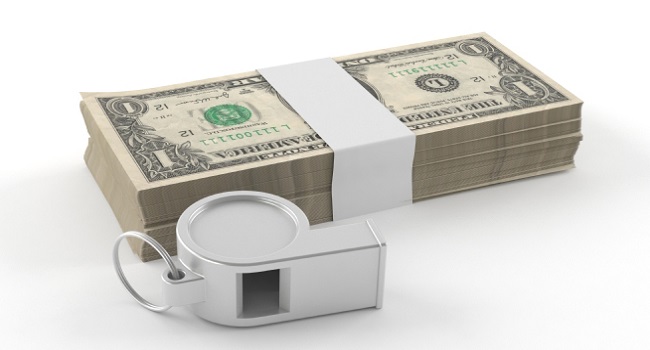
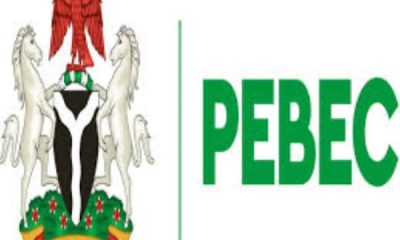



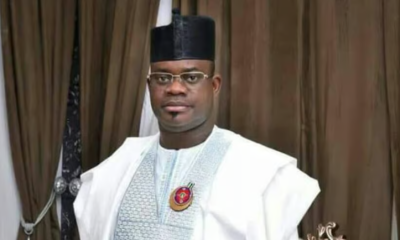

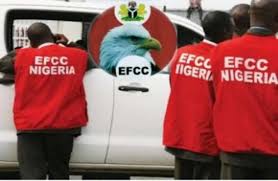

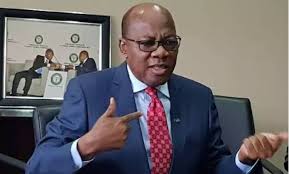

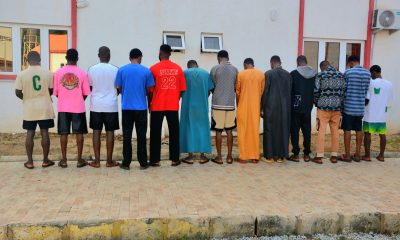


 Football1 week ago
Football1 week ago
 Entertainment6 days ago
Entertainment6 days ago
 Business6 days ago
Business6 days ago
 Business6 days ago
Business6 days ago
 Football7 days ago
Football7 days ago
 Crime1 week ago
Crime1 week ago
 Health6 days ago
Health6 days ago
 Football1 week ago
Football1 week ago
